Get a more in-depth look at the people behind the white coats.
Through personal interviews, WashU Medicine physicians share thoughts about why they chose their specialty, what they find most gratifying about their work, new developments in their fields, and much more.
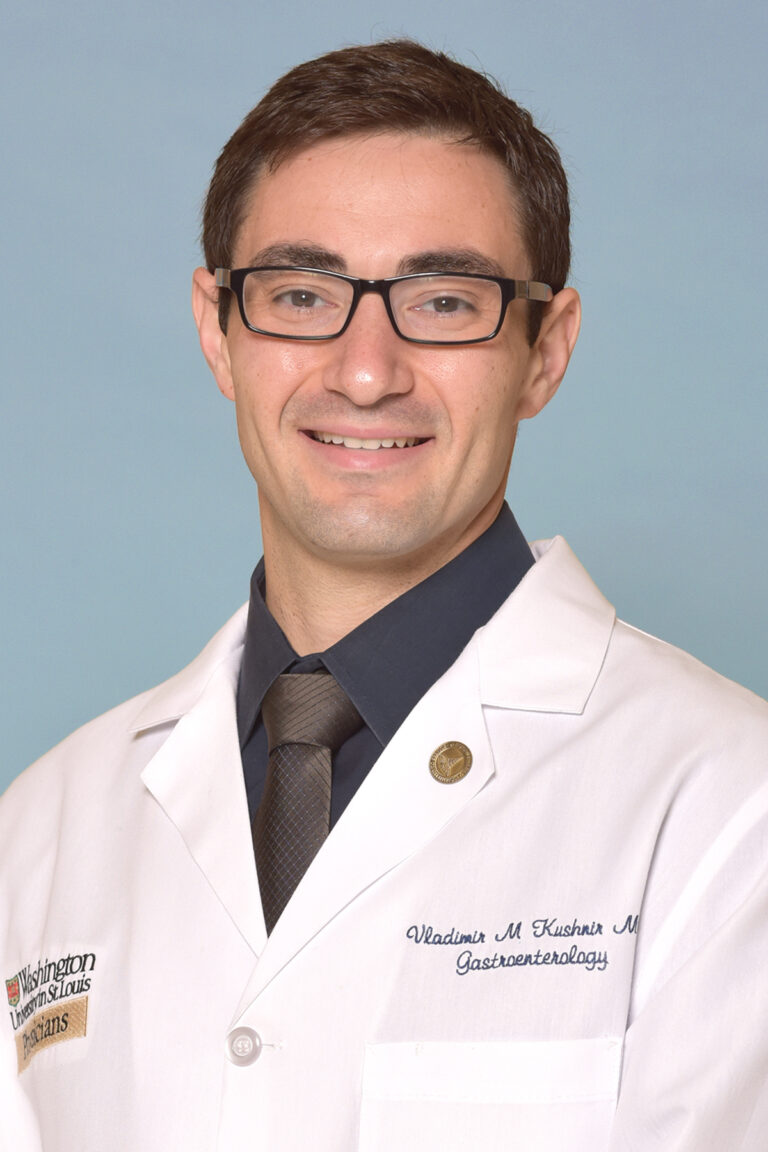
Vladimir Kushnir, MD
Gastroenterology
“I find every patient interesting and important. I like that I am able to to offer minimally invasive therapy and in a lot of cases, help patients avoid surgery or invasive diagnostic testing.”
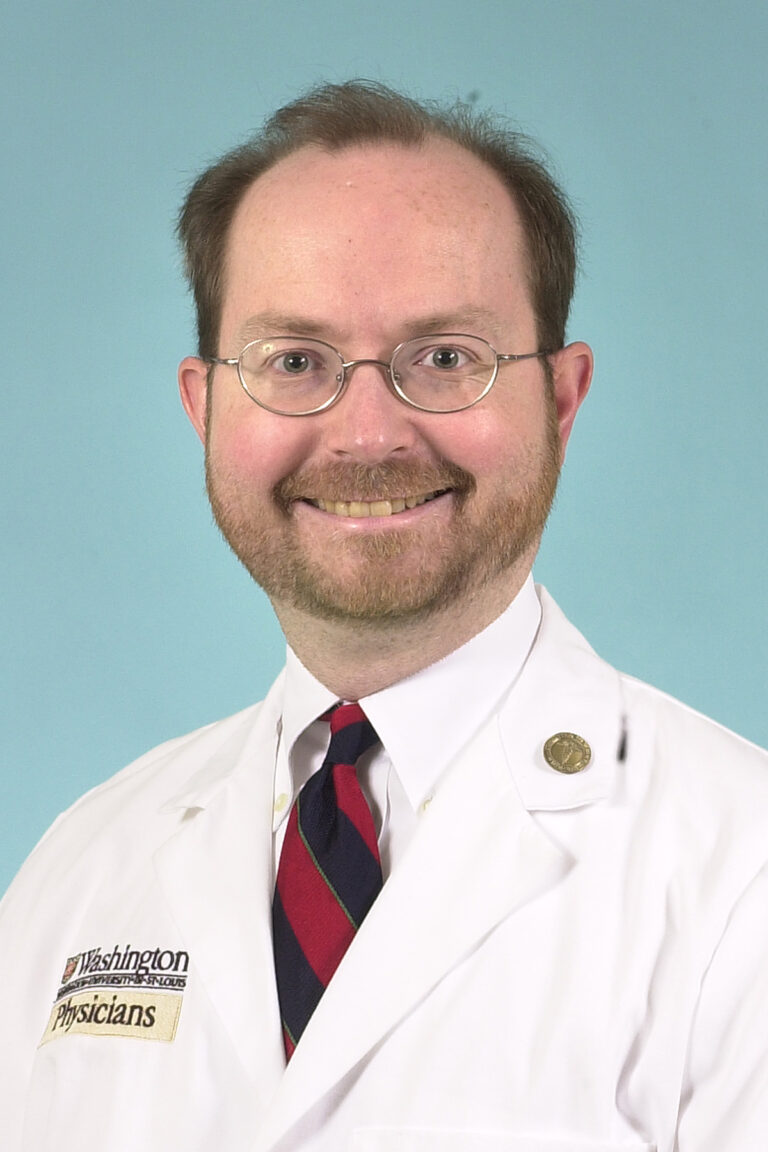
John Kirby, MD
Acute & Critical Care Surgery
“Every day I get to advance the art of science and have an impact on my patients. I can’t imagine doing anything else as satisfying as that.”
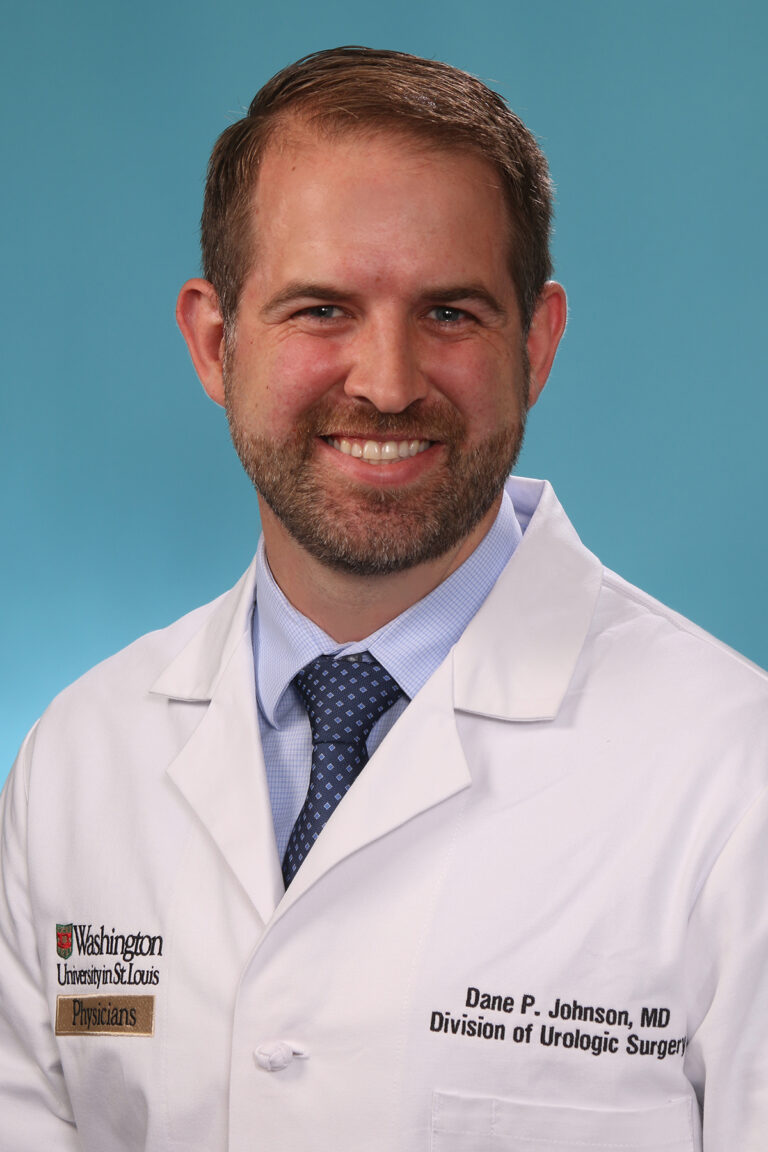
Dane Johnson, MD
Urologic Surgery
“I saw how taking just a little extra time to fully listen to a patient’s story can set the foundation for a strong patient-physician personal relationship.”
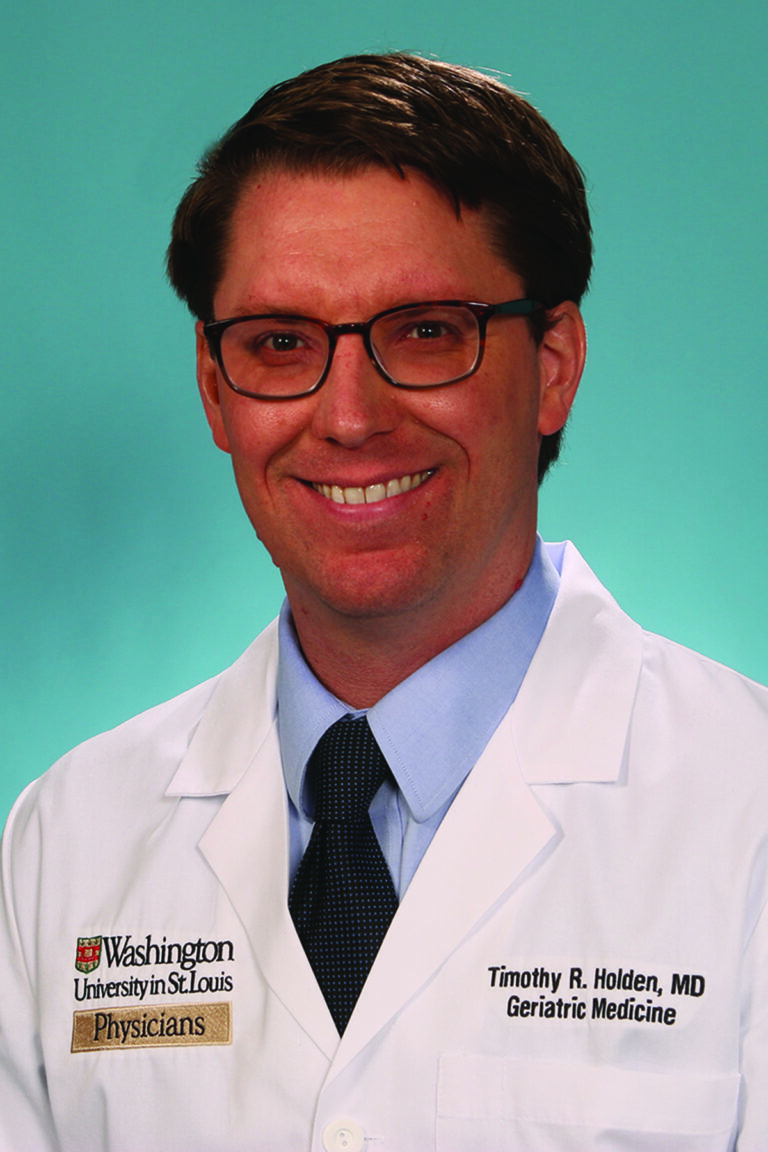
Timothy Holden, MD
Geriatrics
“The specialty of geriatrics focuses on the goals and priorities of the patient – and that motivates my practice every day.”
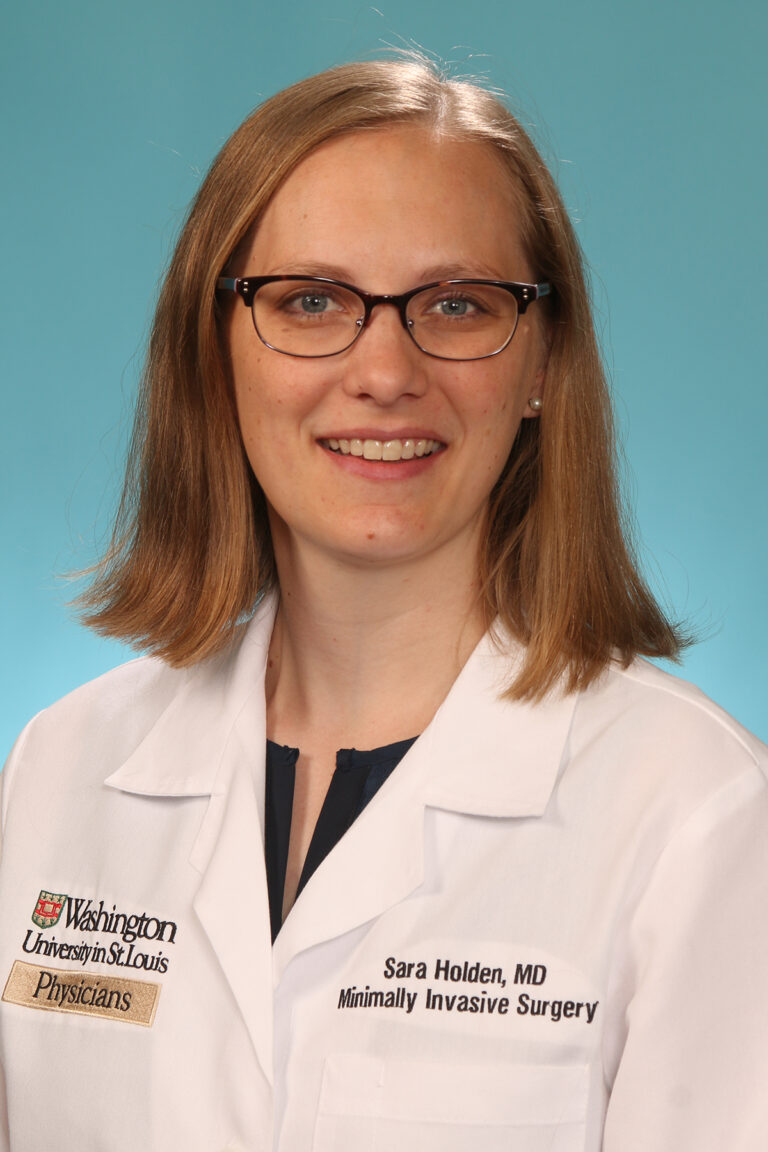
Sara Holden, MD
Minimally Invasive Surgery
“The first day I stepped into the operating room I had the sense that this was where I was meant to be and what I was supposed to do.”
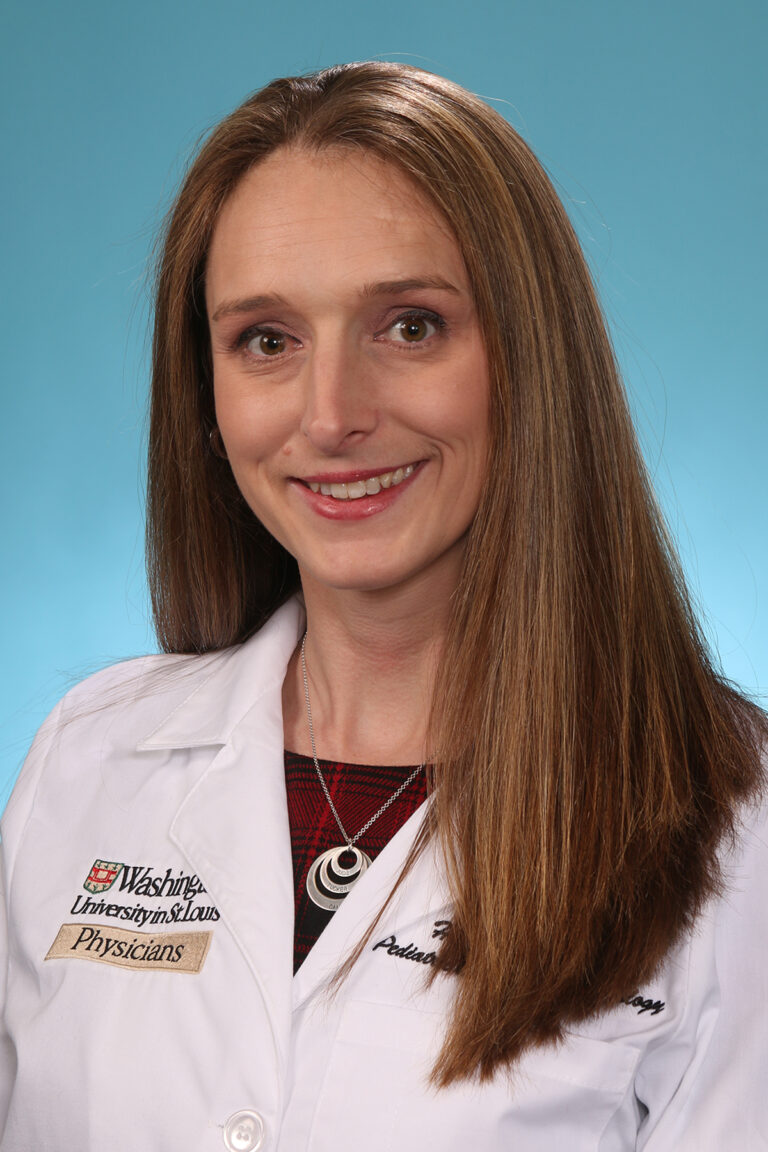
Holly Hoefgen, MD
Pediatric & Adolescent Gynecology
“I had fertility issues when I was working towards having children; that is another reason helping my patients means so much to me.”
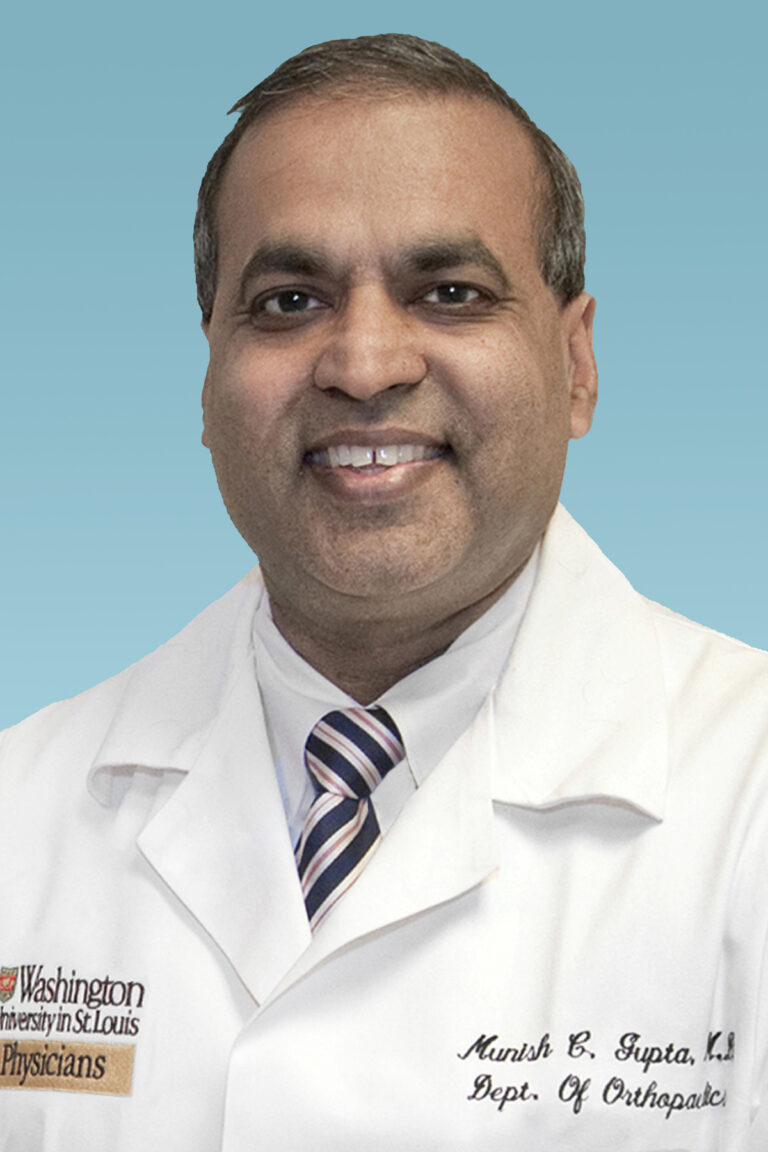
Munish Gupta, MD
Neurological Surgery
“I’ve seen children transform from introverted and self-conscious before surgery to outgoing and self-confident after surgery. It is life-changing for the patient.”
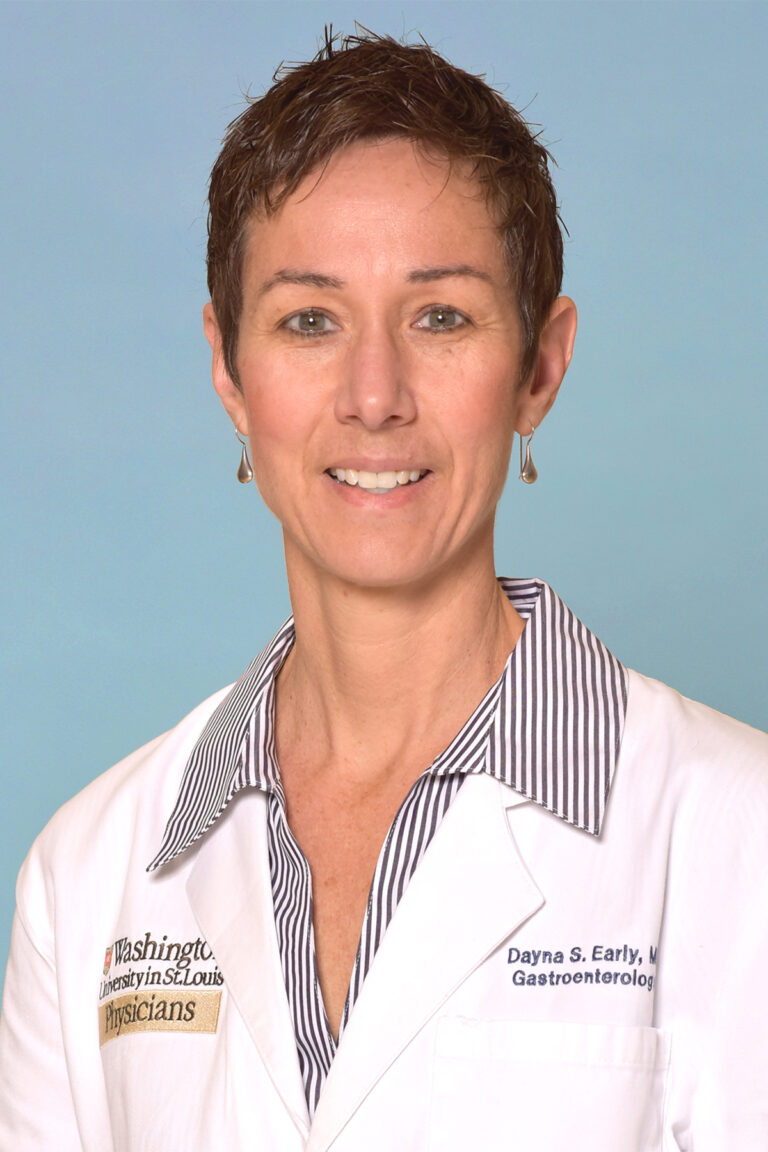
Dayna Early, MD
Gastroenterology
“I enjoy getting to know patients, talking to them about their goals, and helping them achieve their goals.”
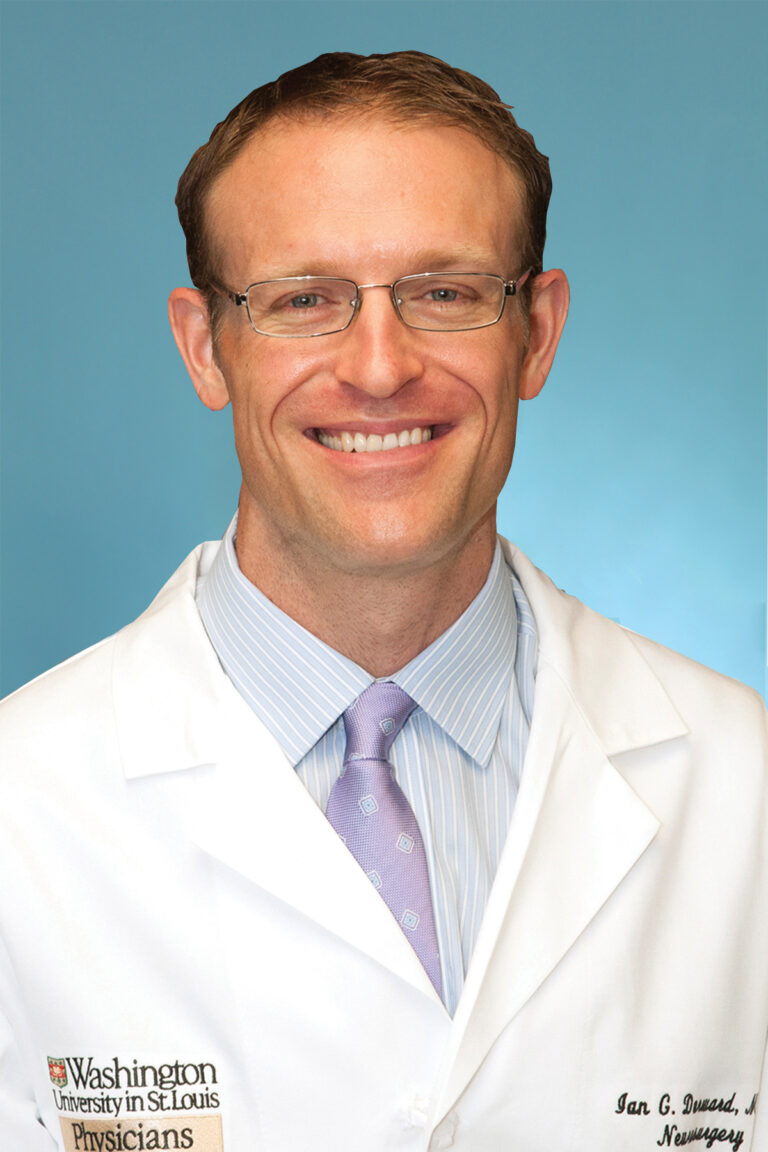
Ian Dorward, MD
Neurological Surgery
“Every time I take care of a patient, that’s a chance to give my absolute best. To give anything less would be sacrificing the many gifts given to me.”
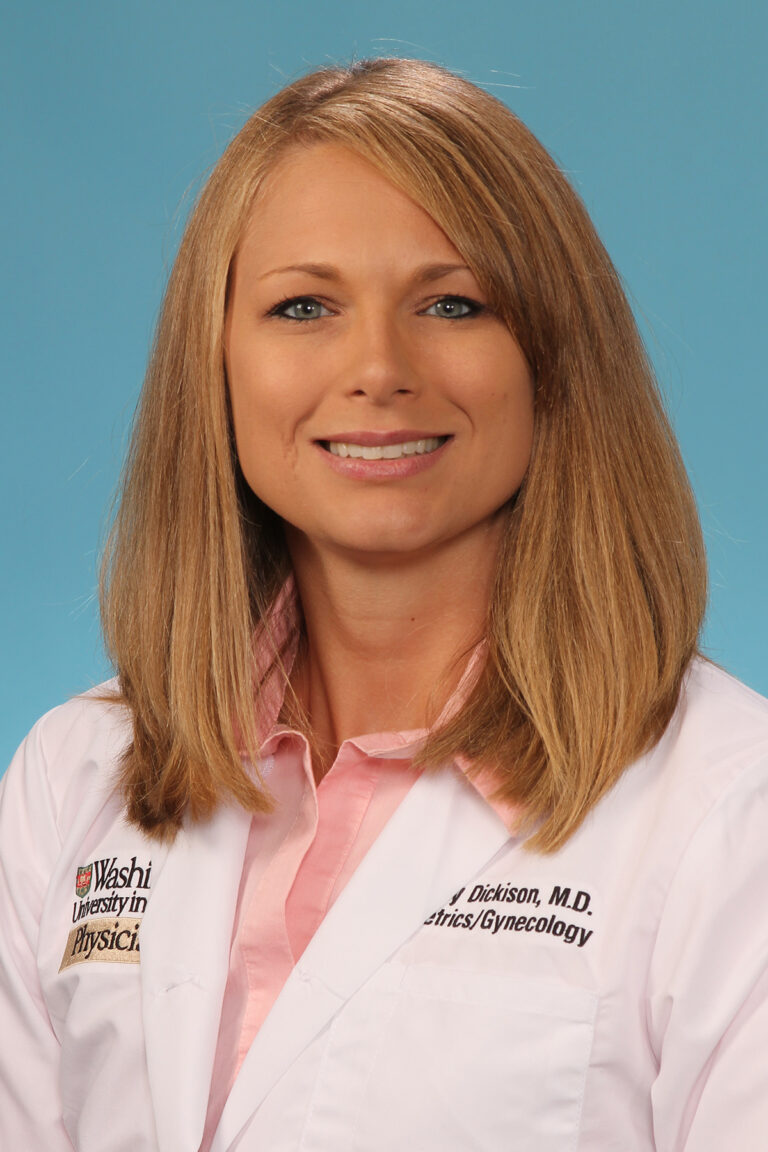
Shelby Dickison, MD
Obstetrics & Gynecology
“My daughter provides a lot of joy to my life. My experience of pregnancy, labor and delivery also gives insight into what my patients are going through.”
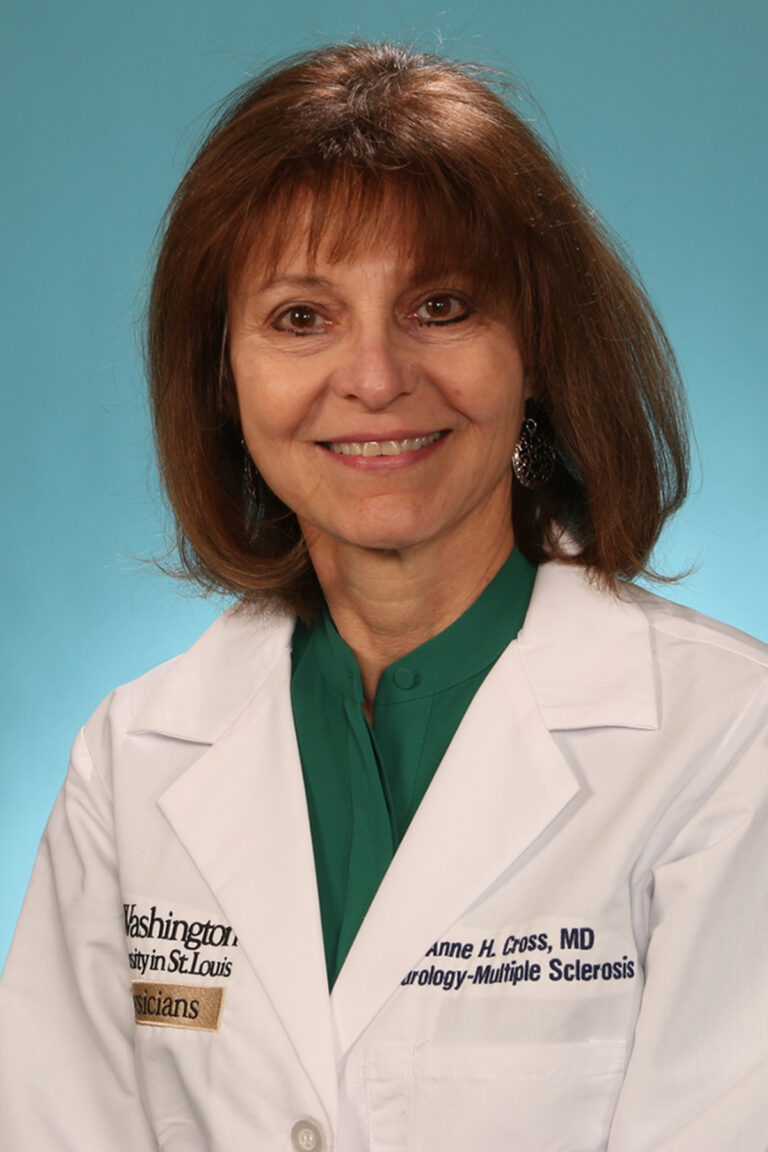
Anne Cross, MD
Neuroimmunology
“I feel as if I’ve grown up with many of my patients because they have been my patients since I started here in the early 1990s.”
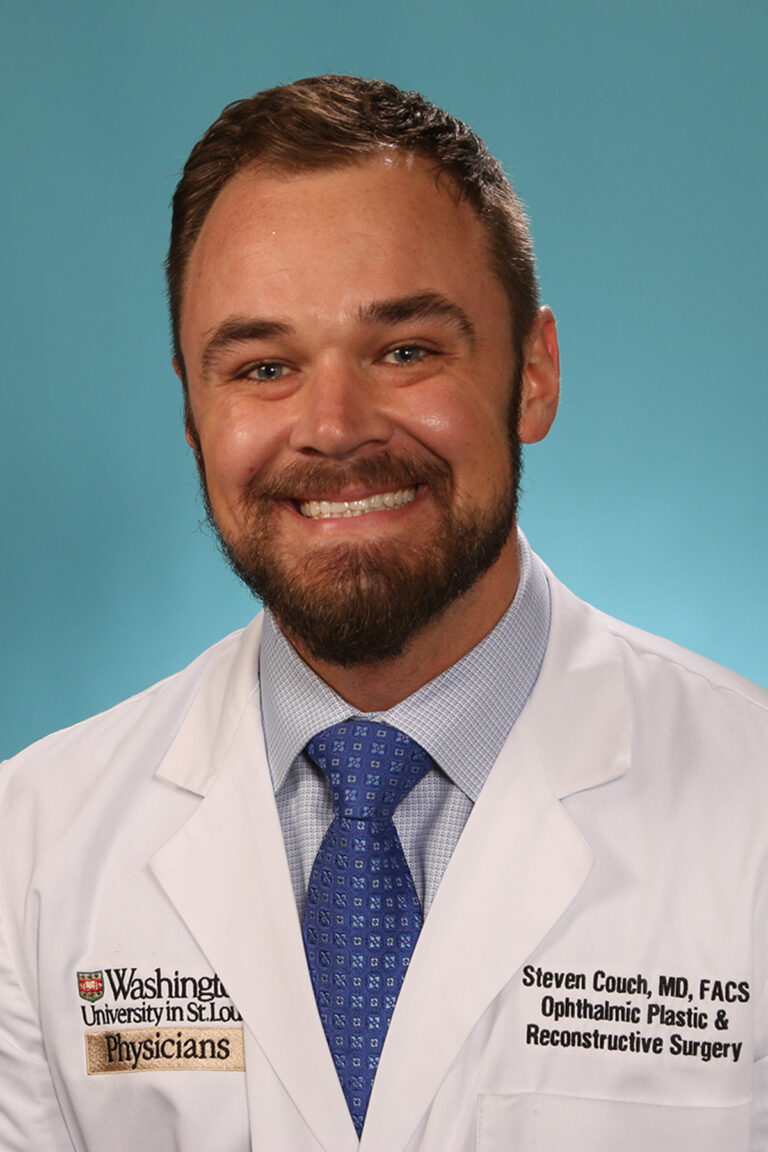
Steven Couch, MD
Ophthalmology & Visual Sciences
“As early as middle school, I knew I wanted to be a physician. My mother was a homemaker and my father was a police officer, and I am the first doctor in my family.”
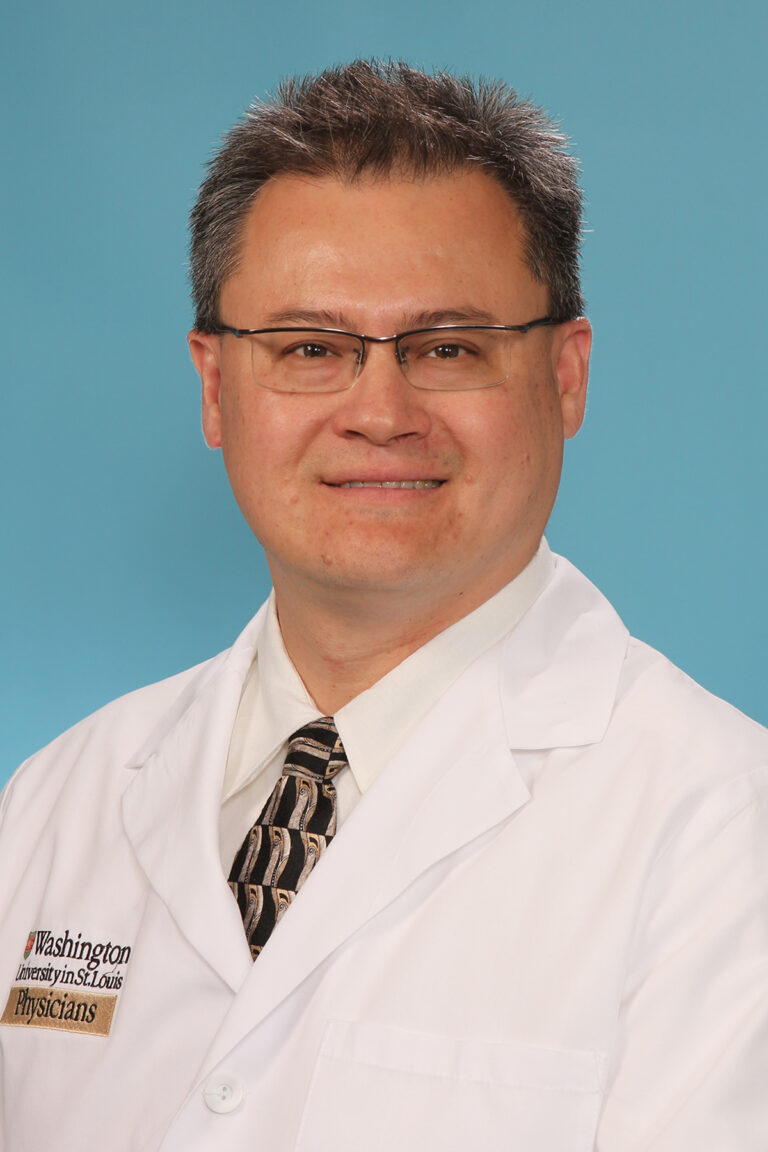
John Cole, MD, PhD
Pediatrics
“It is important for families to find a pediatrician who takes the time to listen, reassure them, and help them learn about the issues that face their children.”
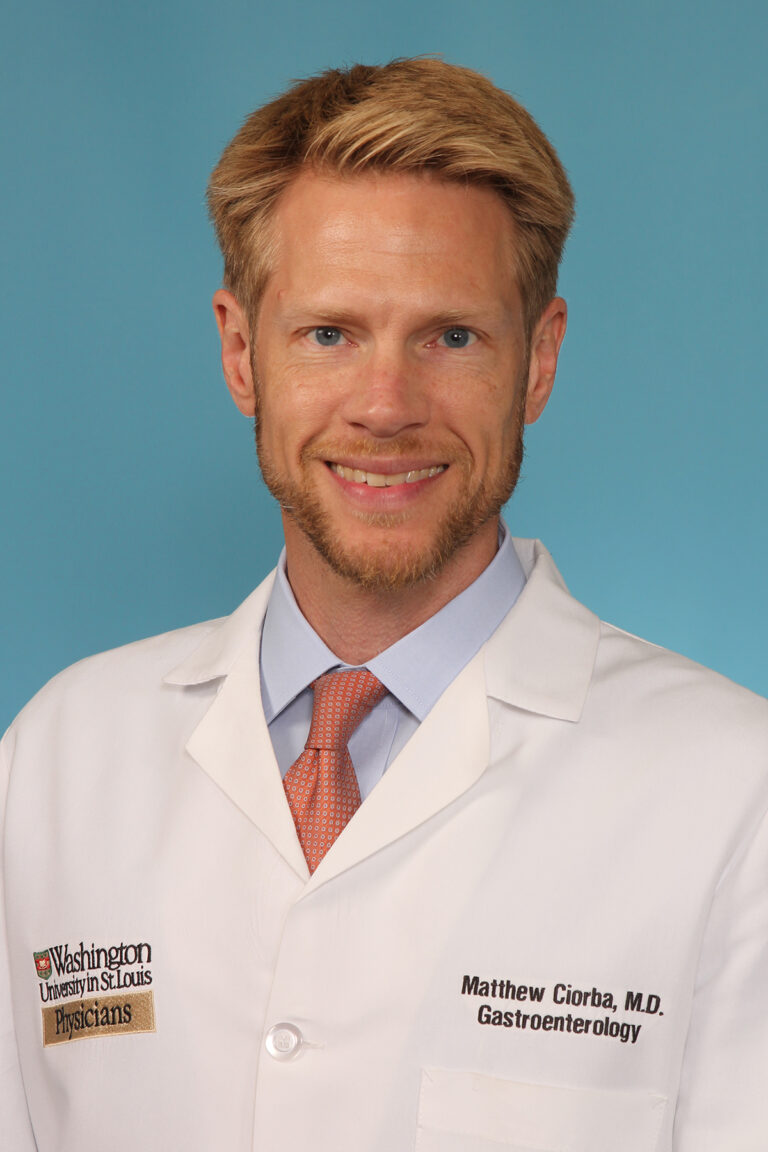
Matthew Ciorba, MD
Gastroenterology
“I chose to specialize in internal medicine because I loved the ability to connect with and care for patients over their lifetimes.”
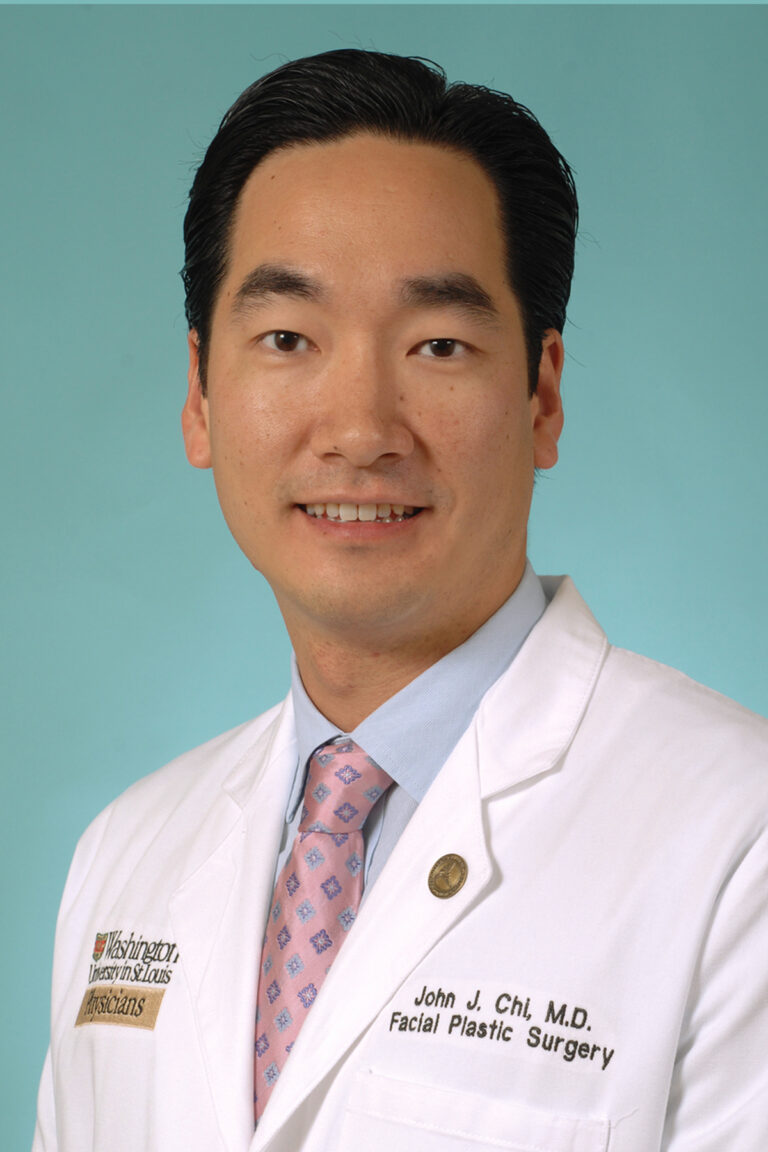
John Chi, MD
Facial Plastic & Reconstructive Surgery
“Each patient with facial weakness or paralysis has unique and distinct problems that require a treatment plan tailored to his or her concerns.”
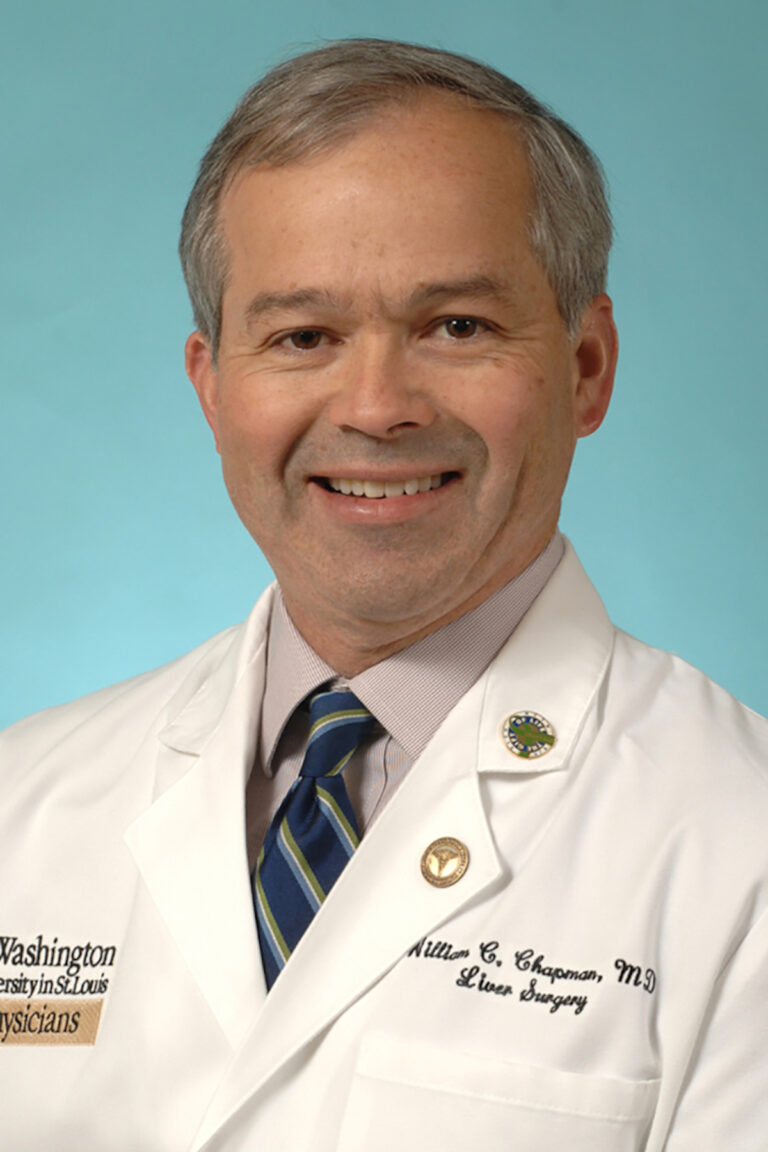
William Chapman, MD
Transplant Surgery
“When I talk to my patients I am honest, optimistic and try to highlight the upside – to make sure they have hope.”
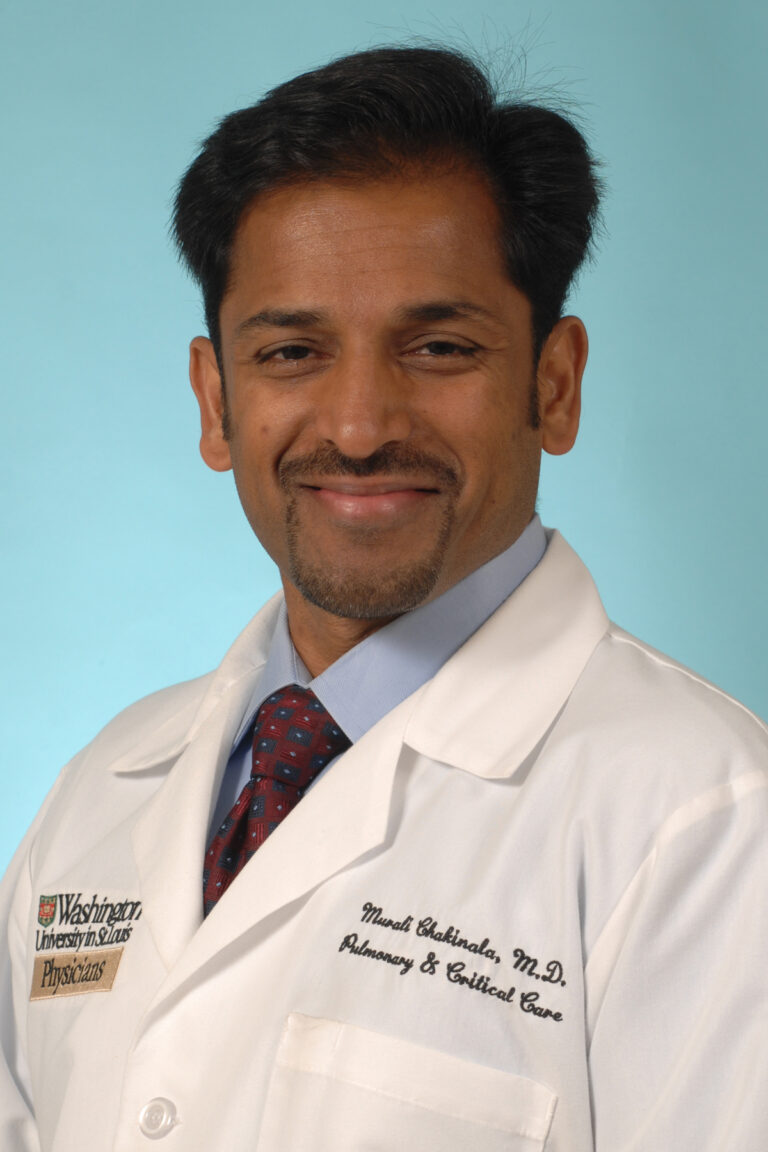
Murali Chakinala, MD
Pulmonary and Critical Care Medicine
“Many times my patients have seen other doctors and are desperate for help. It’s nice to be able to fulfill that role in the medical community.”
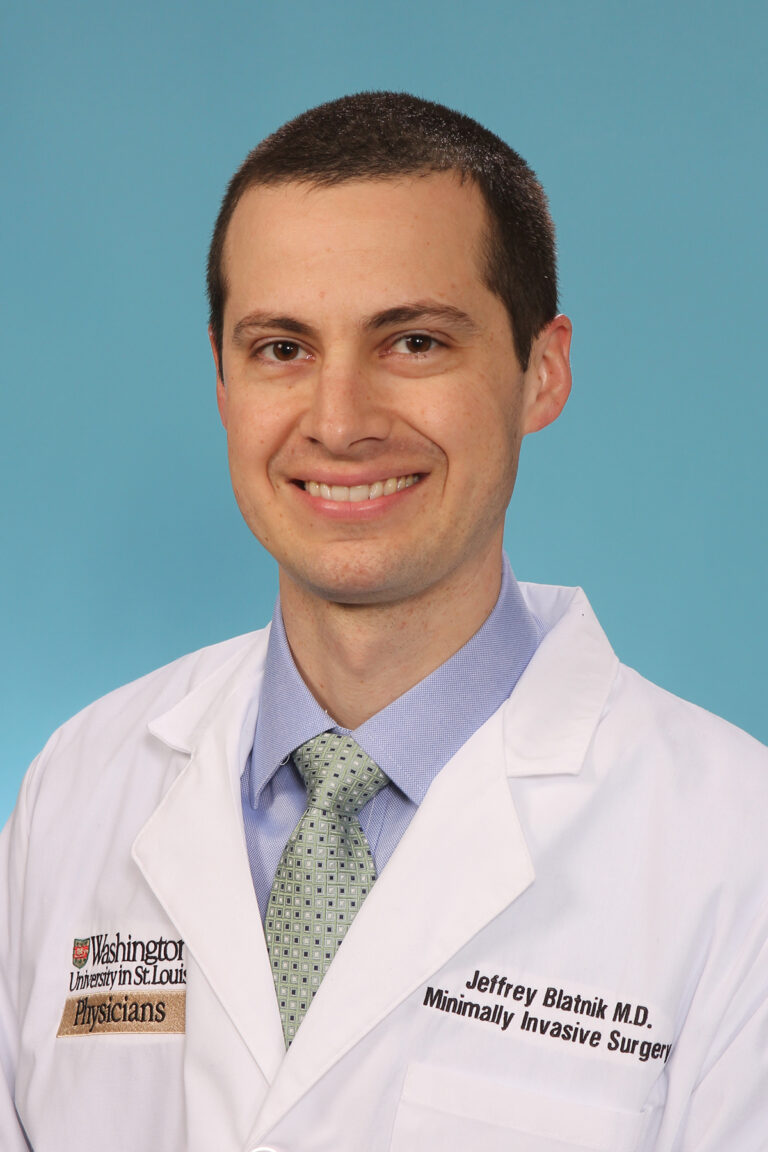
Jeffrey Blatnik, MD
Minimally Invasive Surgery
“It’s important to remember the days when your patients are appreciative and you are able to help them.”
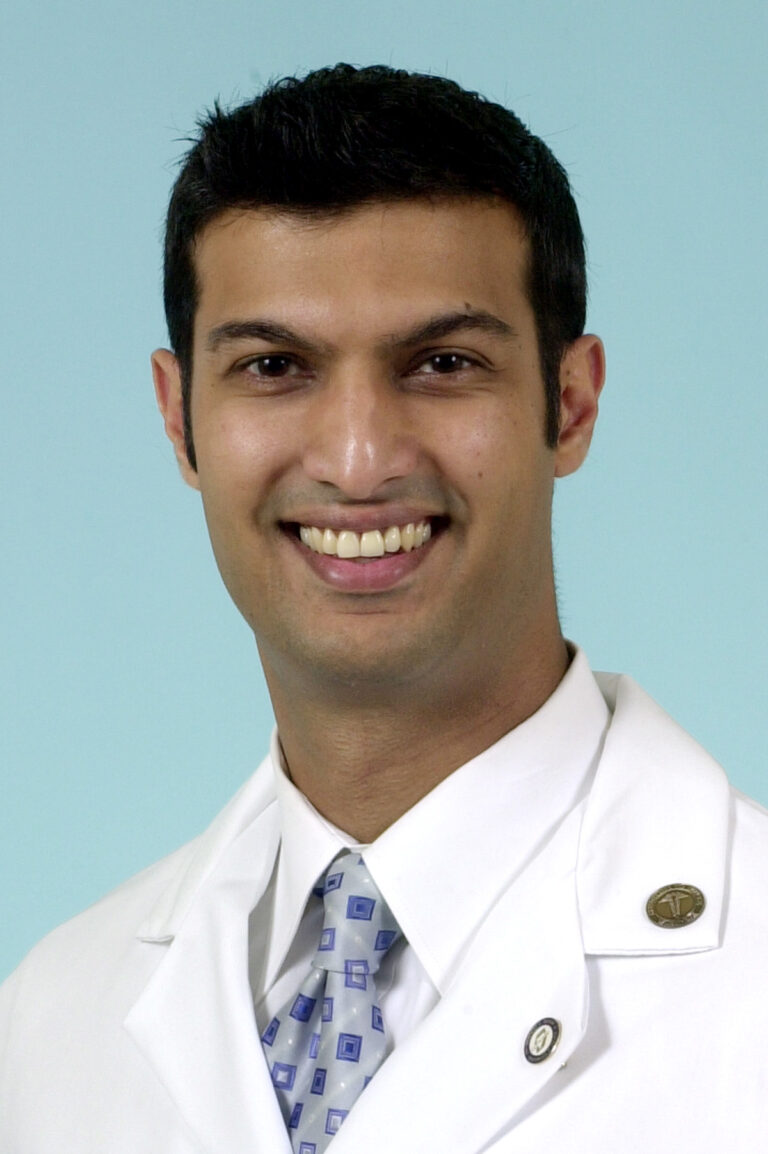
Milan Anadkat, MD
Dermatology
“There is a long history of medicine in my family — my grandfather, uncle and wife are all physicians. I’ve always been attracted to medicine, so it’s definitely something in my DNA.”
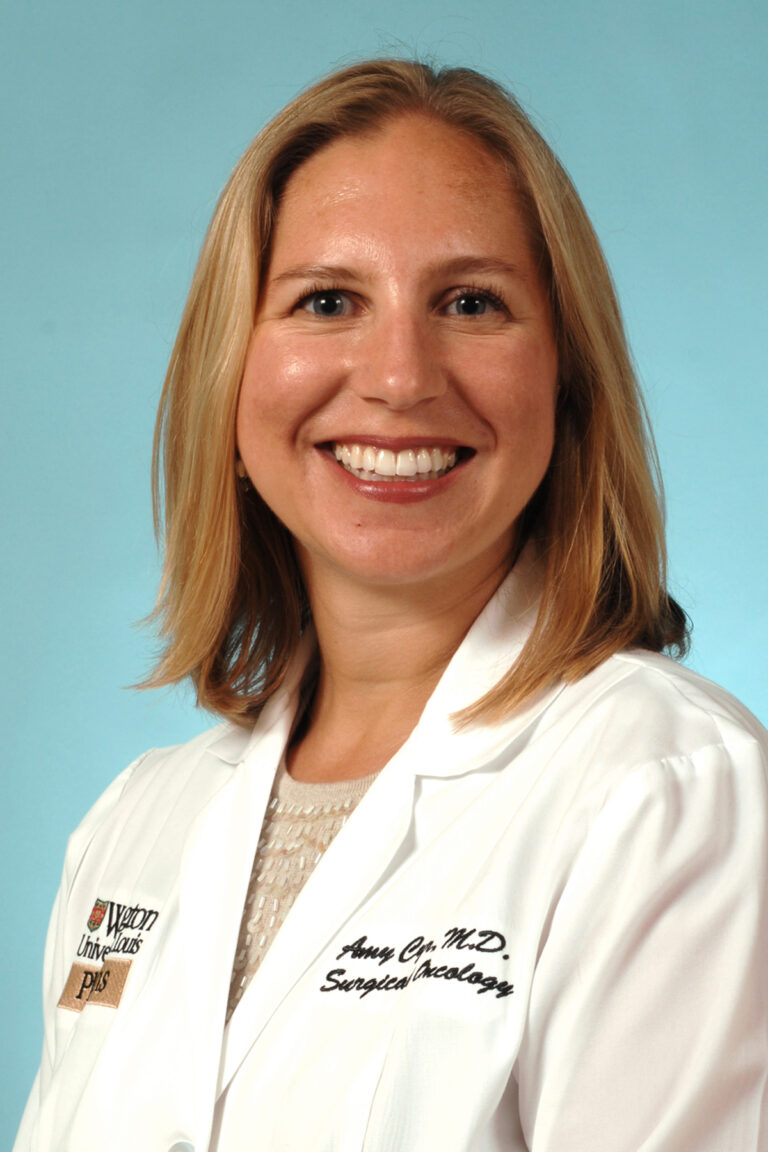
Amy Cyr, MD
Endocrine & Oncologic Surgery
“Breast surgery allows me to address a patient’s acute health problems, and at the same time be there for her in the years to come. That’s what I really like.”
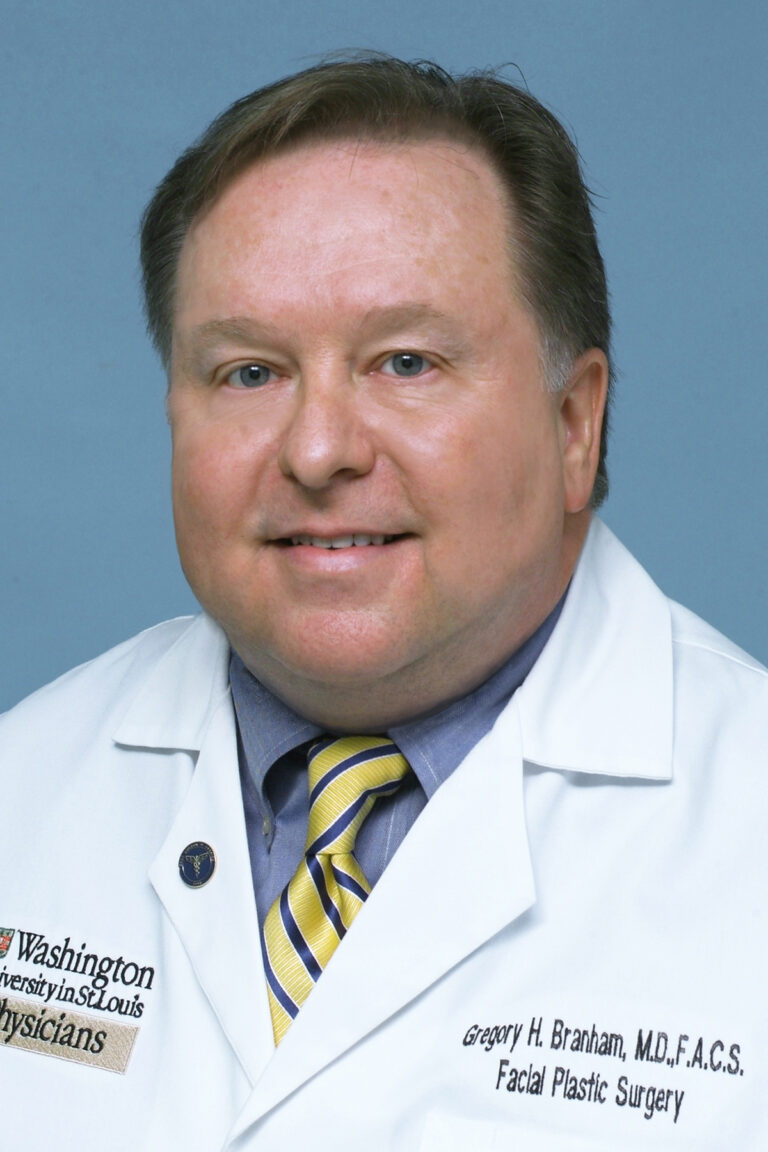
Gregory Branham, MD
Facial Plastic & Reconstructive Surgery
“I was hooked on the specialty of facial plastic and reconstructive surgery from the very beginning.”